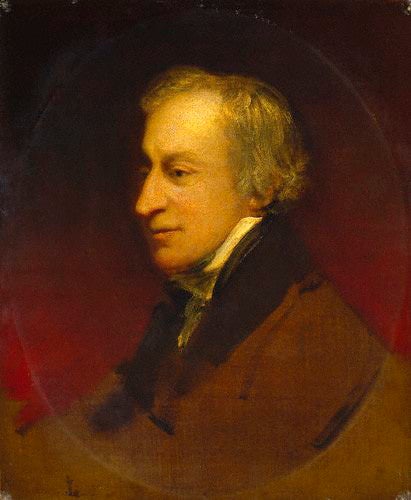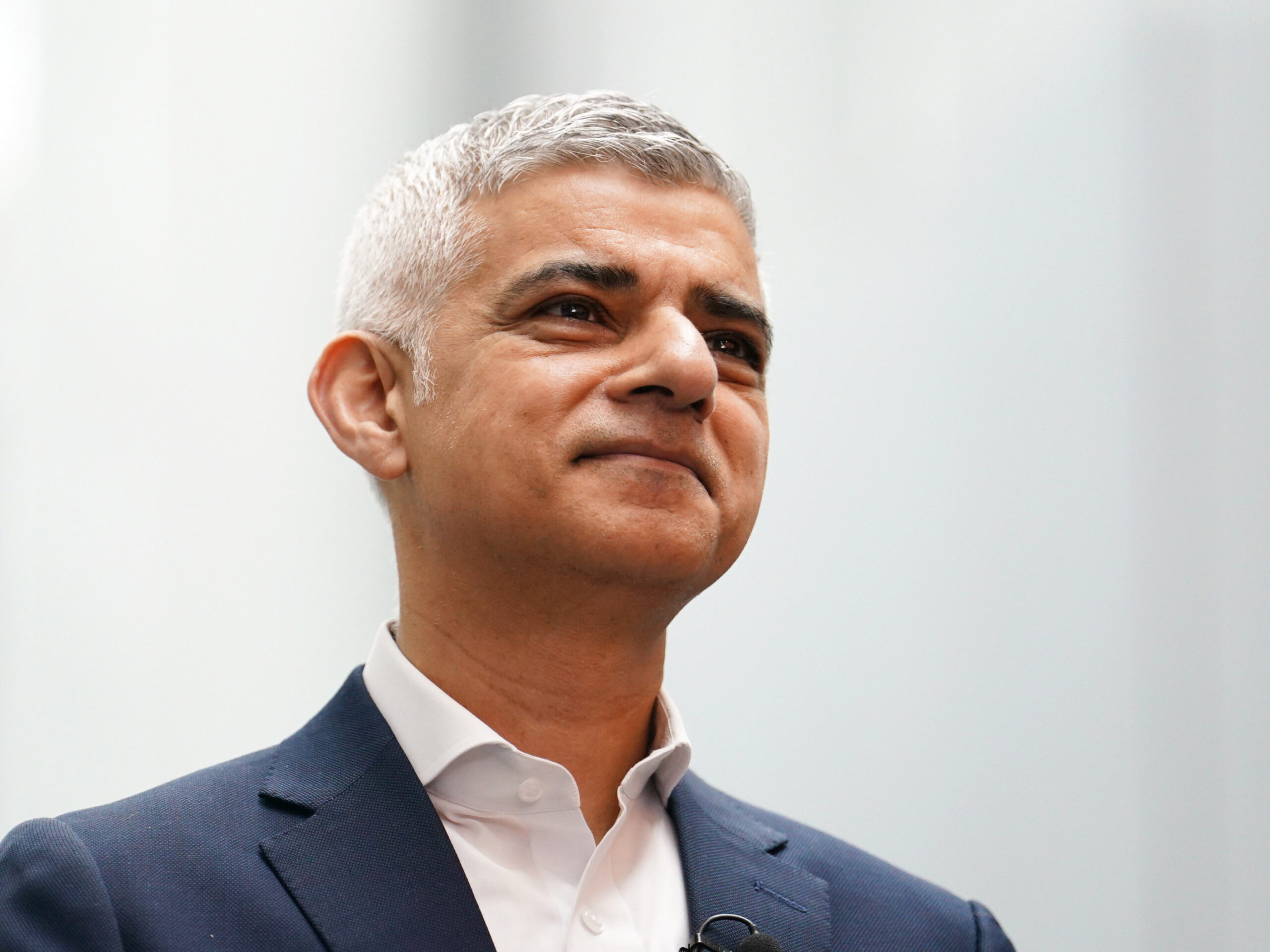Although he had established himself as one of England’s finest keyboard players and conductors, Samuel Wesley was beset by physical and emotional difficulties and often was at odds with his family. In 1816 the death of an infant son threw him into a state of depression, and while he was en route from London to Norwich to earn some money, he collapsed and had to return to London destitute.
Facing arrest and imprisonment for debt, he worked as best he could, made some money playing the organ, taught, and wrote church music, but within a few months, he was again in a desperate way. At his mother’s house, he fell under the delusion that his creditors were closing in on him and jumped out an upper-story window. He sustained such dire injuries that he wasn’t expected to survive.
On the advice of doctors, he was sent to a private asylum to recover, and by June 1818, when he was discharged, his career was in a shambles.
Stay informed on the latest news
Sign up for WPR’s email newsletter.
He was offered a commission from the Philharmonic Society to score a symphony for a few pennies a page. He held out for more, saying that he could do a lot better by running errands, and the Society doubled his fee. After a year’s absence, he returned to playing the organ for a series of oratorios at Covent Garden.
He scraped up whatever jobs he could find as a copyist. He arranged music for a barrel organ. In 1822 he returned at last to serious composing with a Magnificat and Nunc Dimittis that completed the full morning and evening service for the Church of England that he had begun fourteen years earlier. Two years later, he completed his return by securing a modest but stable position as organist at the newly-built Camden Chapel. He re-entered the circle of London composers and performers.
He capped off his return by writing to correct an article in the Dictionary of Musicians stating that he had died back around 1815.
Wisconsin Public Radio, © Copyright 2024, Board of Regents of the University of Wisconsin System and Wisconsin Educational Communications Board.






